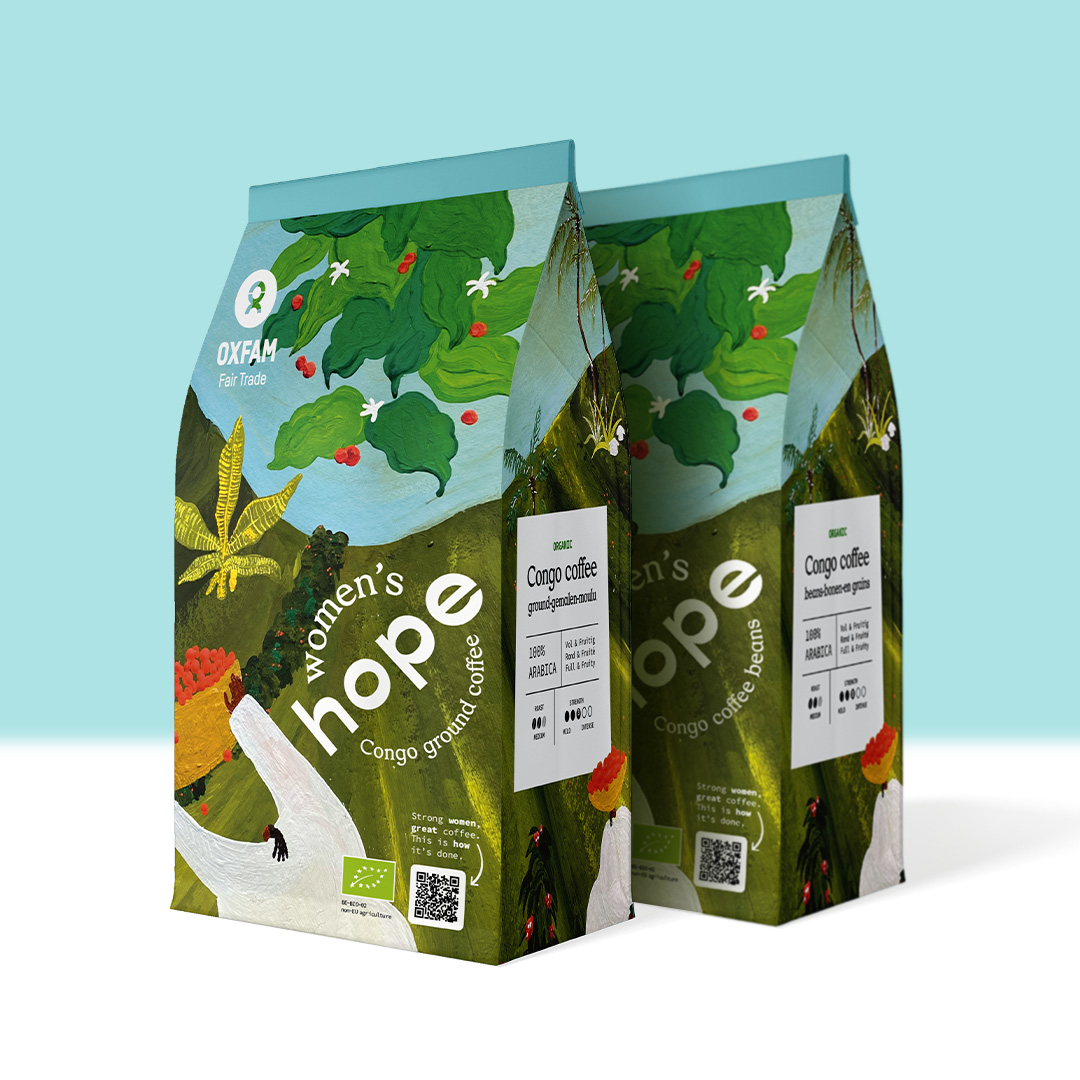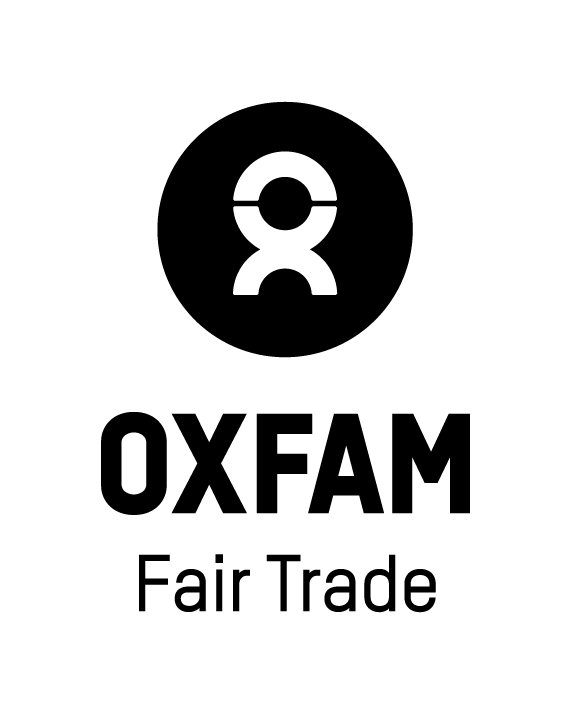

Oxfam Fair Trade

East Flanders, Belgium
July 2021
Food products
Wholesale/Retail
Belgium
Oxfam Fair Trade is the fair trade pioneer in Belgium. Founded in 1971, when introducing the first fair trade coffee to Belgium. Today, we offer 200 high-quality and tasty fair trade food & drinks and trade raw materials. All products are fairtrade certified, more than 66% of the range is certified organic and the entire range will be 100% organic and fair by 2030. Our goal is to improve the lives of thousands of farmers using sustainable practices: environmentally, socially and based on gender equality. To us, farmers are not suppliers, they are partners. Oxfam Fair Trade buys directly from cooperatives of smallscale producers. We pay a Fairtrade minimum price plus an additional Fairtrade premium and extra Oxfam project funding. How does Oxfam Fair Trade make a difference on top of what is needed for a cooperative to get fair trade certified? Oxfam Fair Trade is creating impact on local communities around the globe: cocoa living income project in Ivory Coast, reforestation project by honey cooperative in Brazil, solar energy initiative by wine cooperative in Chile etc. Enjoy our pure chocolate, wine, coffee etc that provide opportunities for producers worldwide. Discover our honest product range: www.oxfamfairtrade.be/en/products
Overall B Impact Score
Governance 18.0
Governance evaluates a company's overall mission, engagement around its social/environmental impact, ethics, and transparency. This section also evaluates the ability of a company to protect their mission and formally consider stakeholders in decision making through their corporate structure (e.g. benefit corporation) or corporate governing documents.
What is this? A company with an Impact Business Model is intentionally designed to create a specific positive outcome for one of its stakeholders - such as workers, community, environment, or customers.
Workers 26.3
Workers evaluates a company’s contributions to its employees’ financial security, health & safety, wellness, career development, and engagement & satisfaction. In addition, this section recognizes business models designed to benefit workers, such as companies that are at least 40% owned by non-executive employees and those that have workforce development programs to support individuals with barriers to employment.
Community 62.8
Community evaluates a company’s engagement with and impact on the communities in which it operates, hires from, and sources from. Topics include diversity, equity & inclusion, economic impact, civic engagement, charitable giving, and supply chain management. In addition, this section recognizes business models that are designed to address specific community-oriented problems, such as poverty alleviation through fair trade sourcing or distribution via microenterprises, producer cooperative models, locally focused economic development, and formal charitable giving commitments.
What is this? A company with an Impact Business Model is intentionally designed to create a specific positive outcome for one of its stakeholders - such as workers, community, environment, or customers.
Environment 31.4
Environment evaluates a company’s overall environmental management practices as well as its impact on the air, climate, water, land, and biodiversity. This includes the direct impact of a company’s operations and, when applicable its supply chain and distribution channels. This section also recognizes companies with environmentally innovative production processes and those that sell products or services that have a positive environmental impact. Some examples might include products and services that create renewable energy, reduce consumption or waste, conserve land or wildlife, provide less toxic alternatives to the market, or educate people about environmental problems.
What is this? A company with an Impact Business Model is intentionally designed to create a specific positive outcome for one of its stakeholders - such as workers, community, environment, or customers.
Customers 4.0
Customers evaluates a company’s stewardship of its customers through the quality of its products and services, ethical marketing, data privacy and security, and feedback channels. In addition, this section recognizes products or services that are designed to address a particular social problem for or through its customers, such as health or educational products, arts & media products, serving underserved customers/clients, and services that improve the social impact of other businesses or organizations.